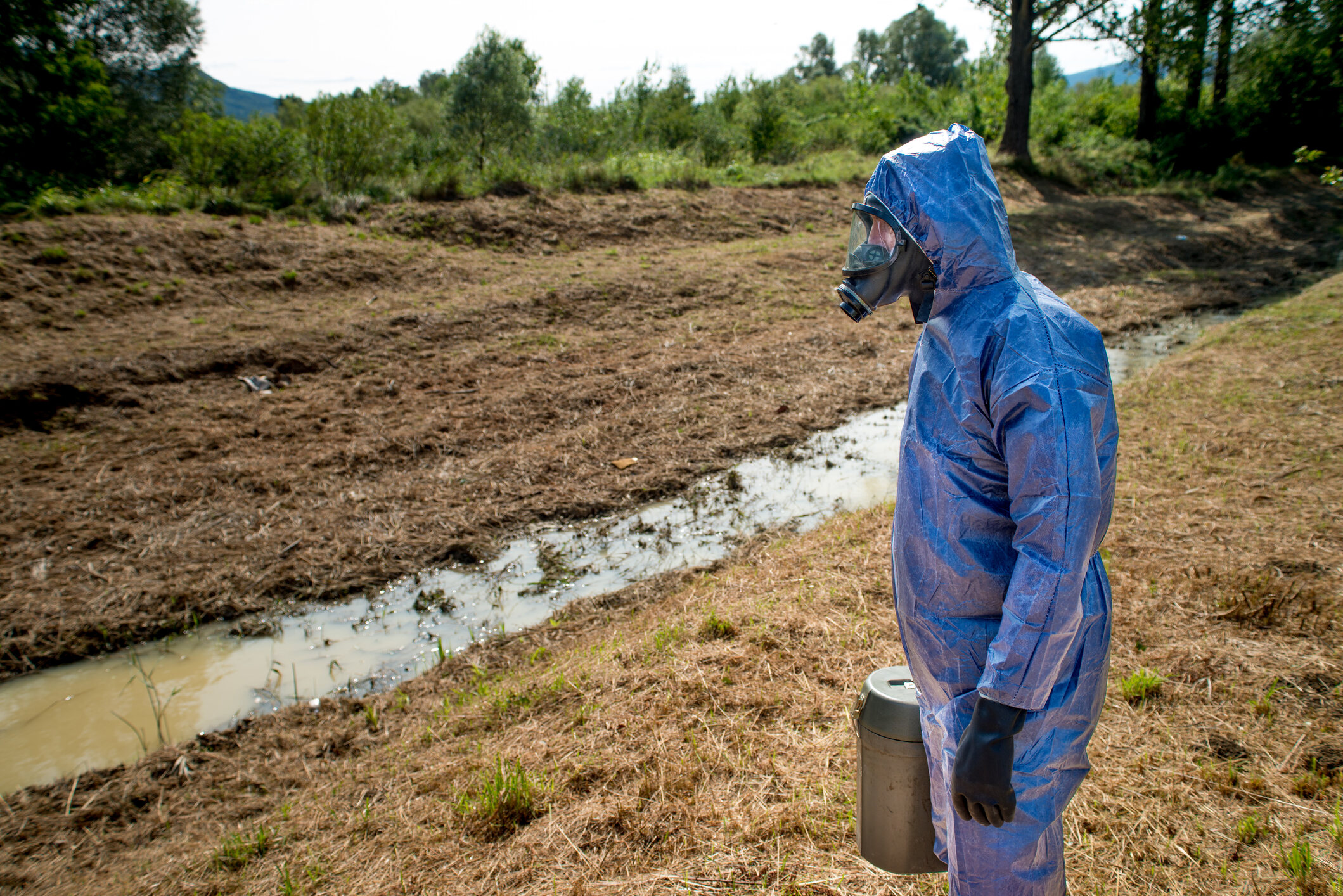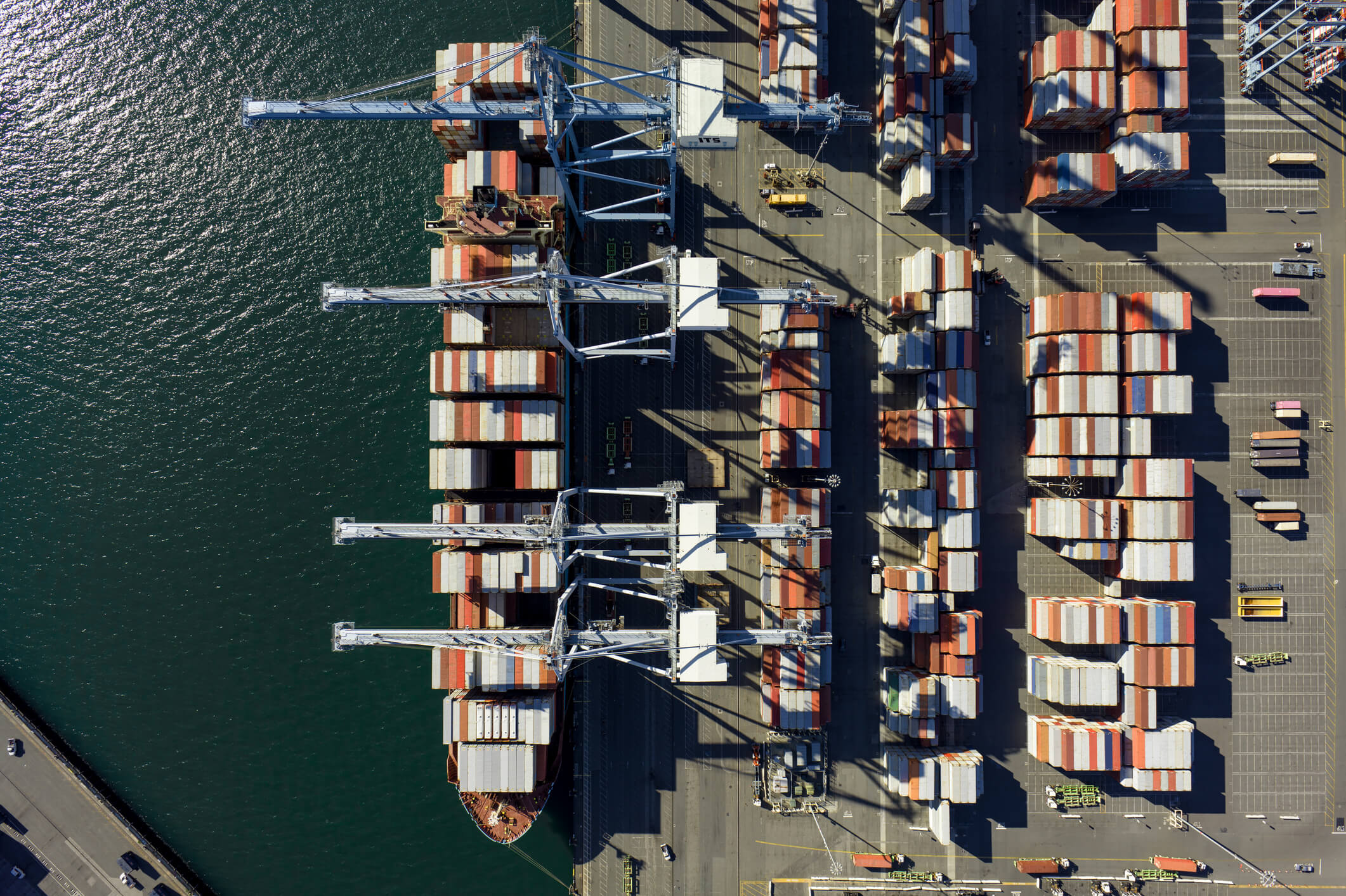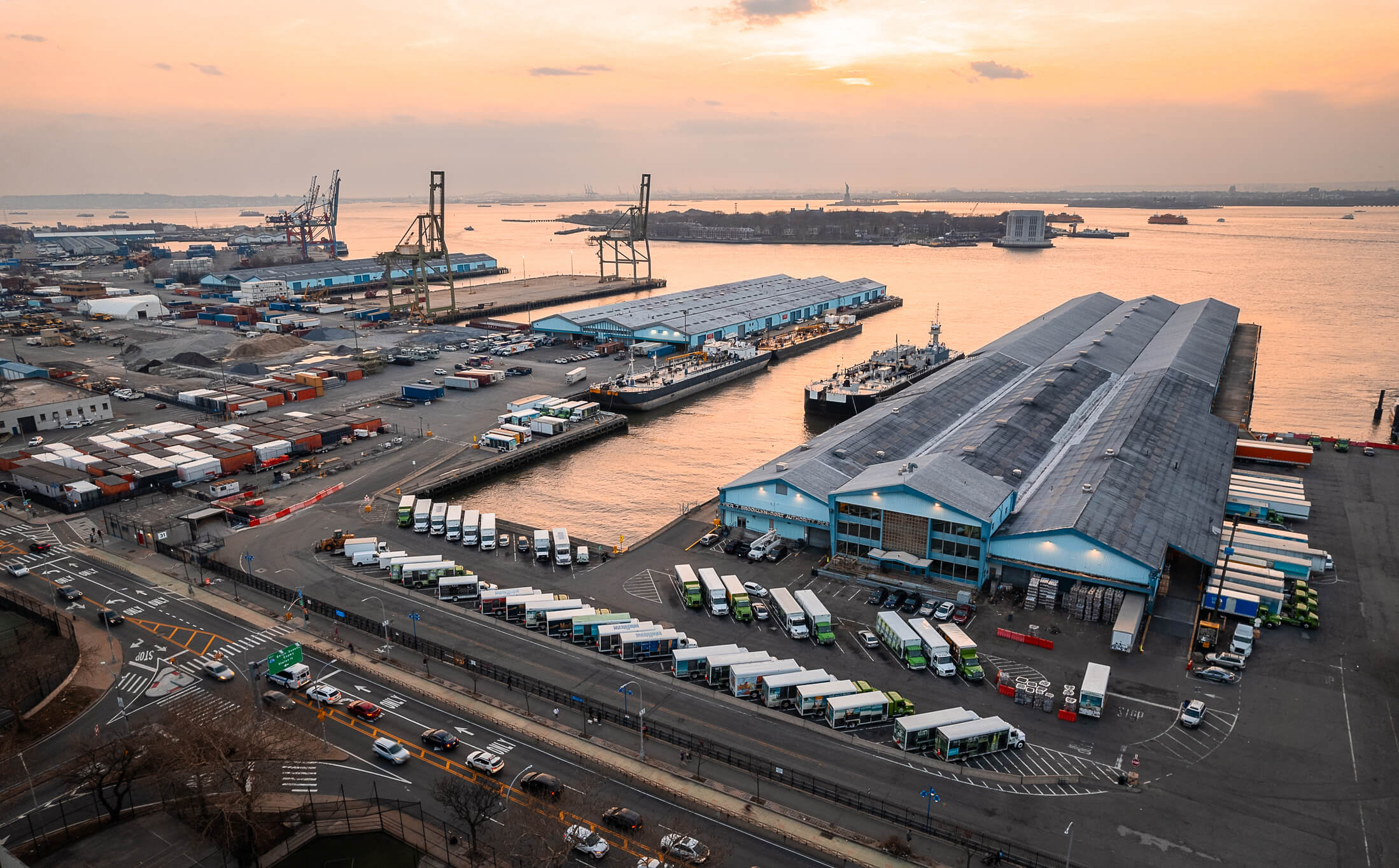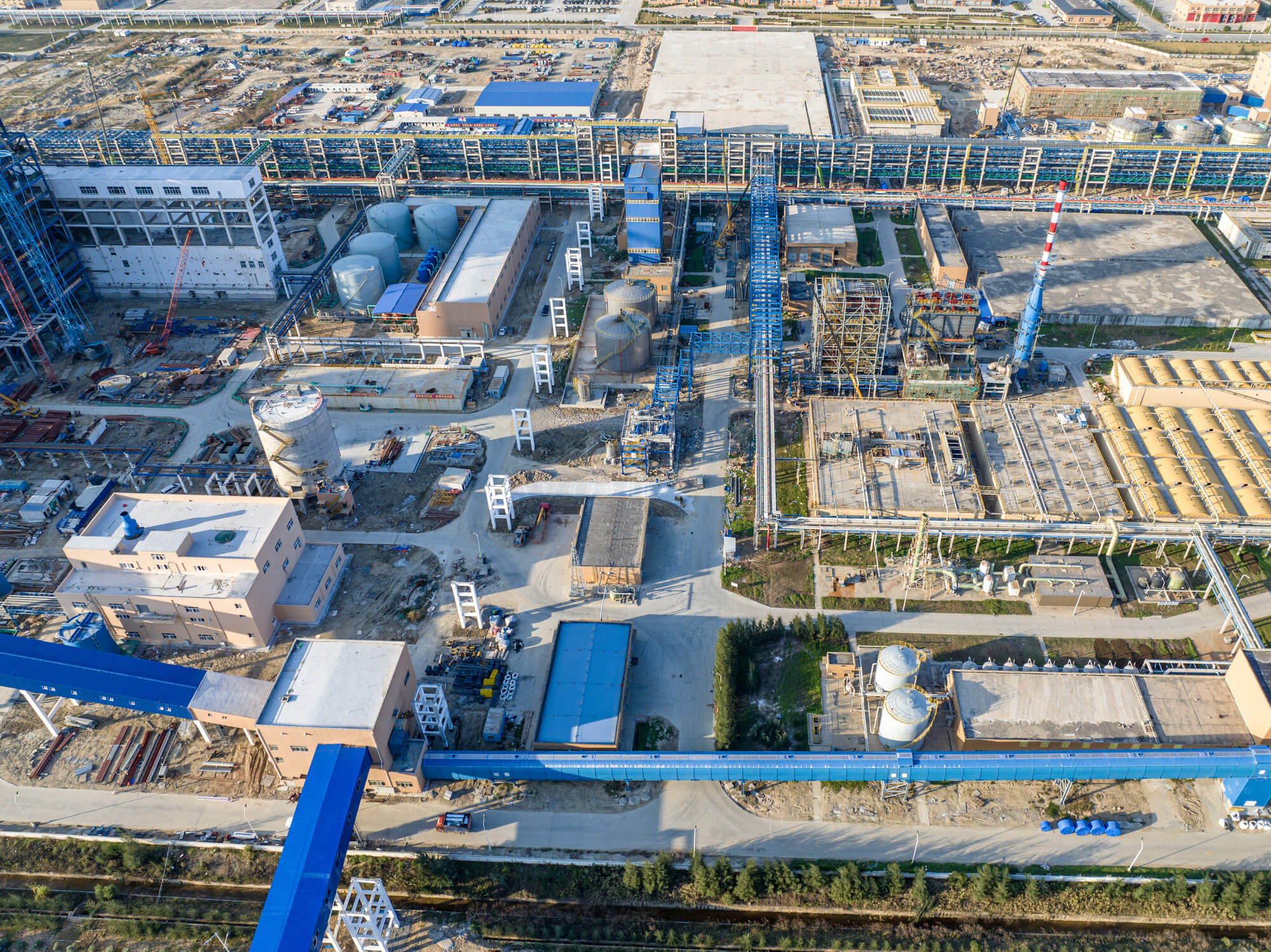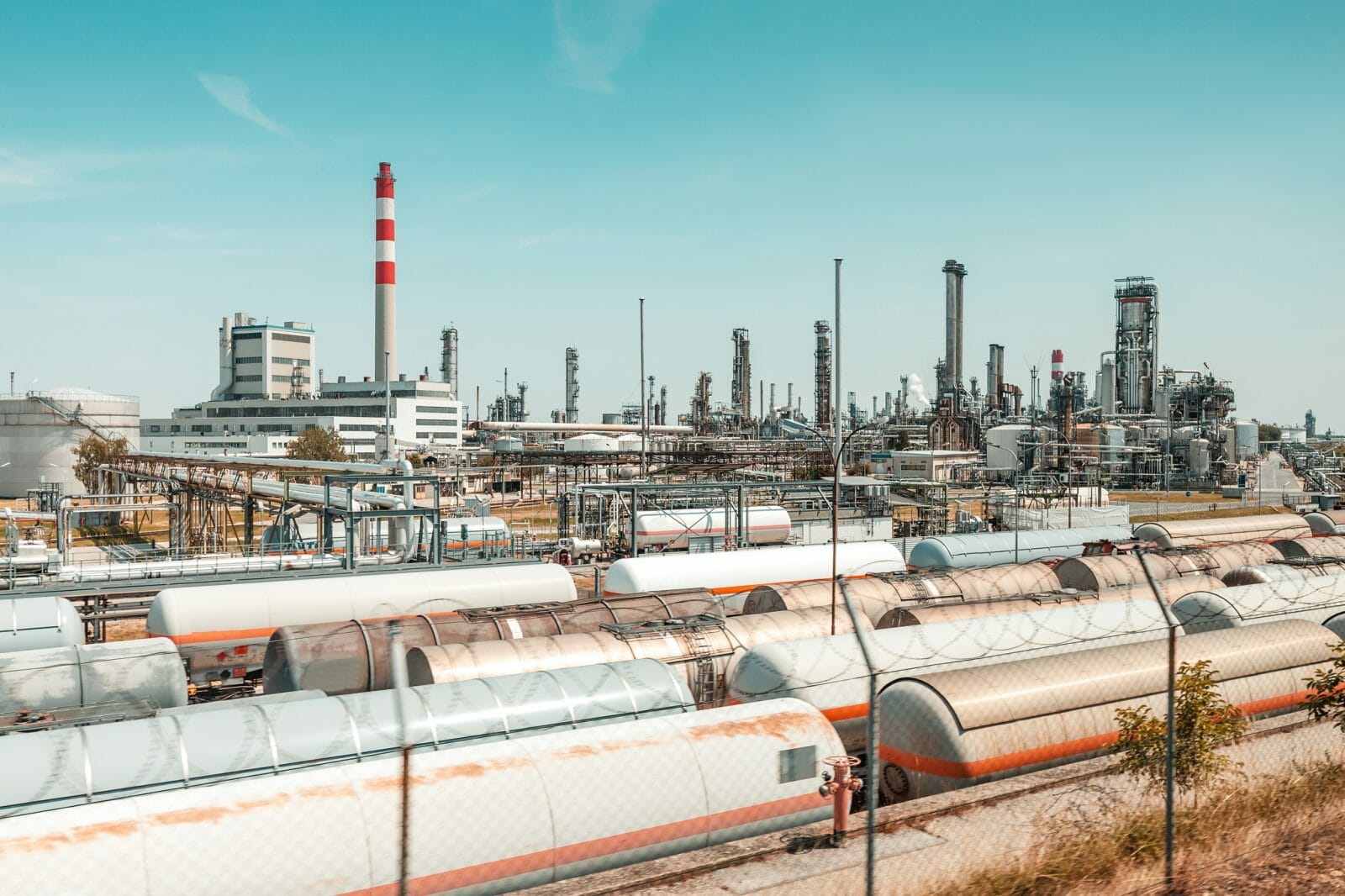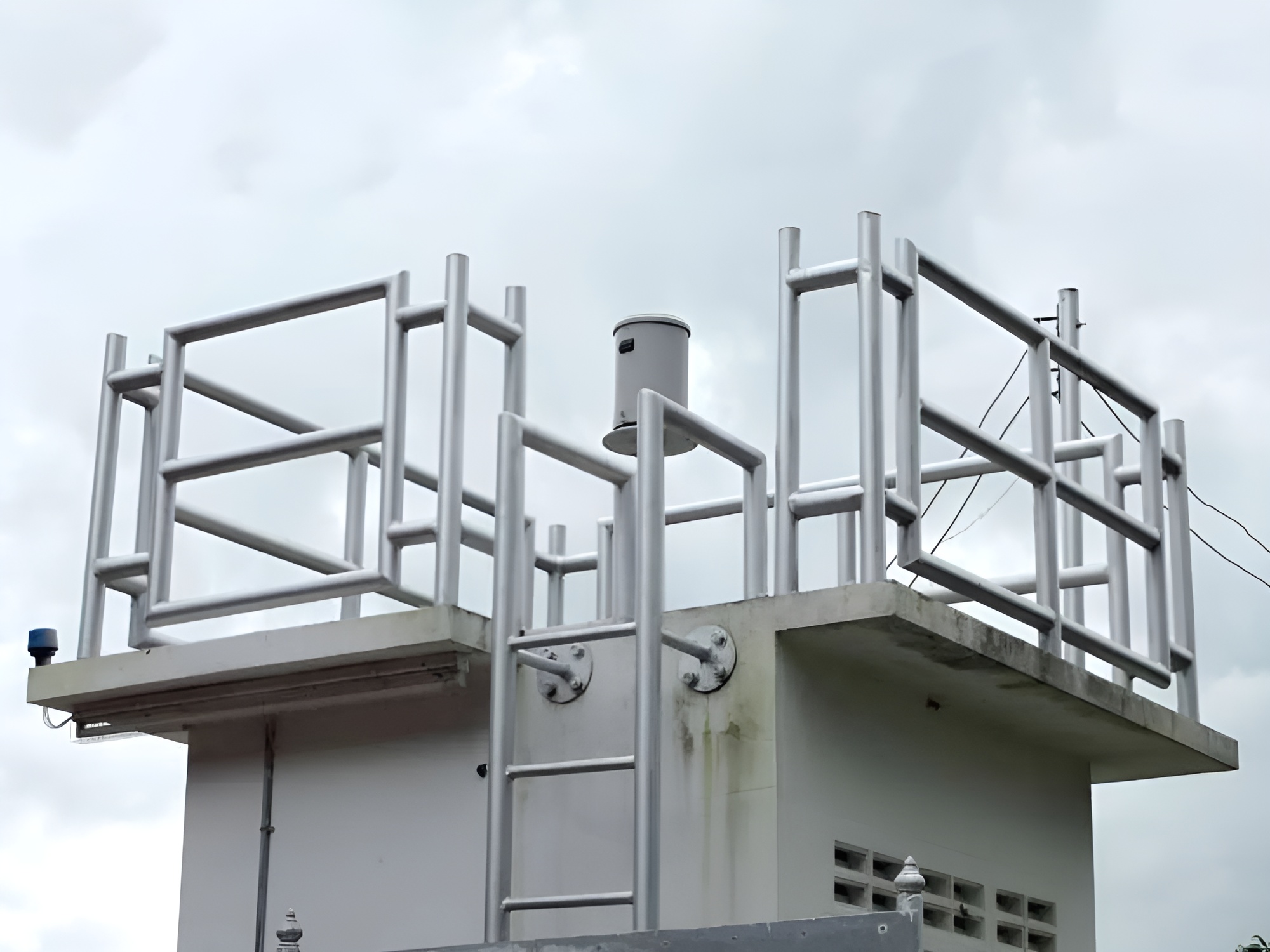Peace of Mind for Your Operations and Community
Facility-wide chemical spill/release prevention, preparedness and response plans.
Chemical spills can lead to regulatory penalties, health risks, environmental impact and other costly damages. Without effective prevention and response plans, businesses face heightened vulnerabilities that can tarnish reputations and disrupt operations. Understanding these issues is crucial for any enterprise that handles hazardous materials.
Related Services
Maximize Your Success With TRC
When it comes to oil and chemical spills and releases, TRC’s tested practitioners identify, assess and prioritize spill and release scenarios and response actions — develop and implement plans — and identify and assess internal and external spill response capabilities.
Our practitioners are highly experienced and qualified to lead planning for oil and gas, industrial and manufacturing clients, helping comply with all applicable federal and local regulations.
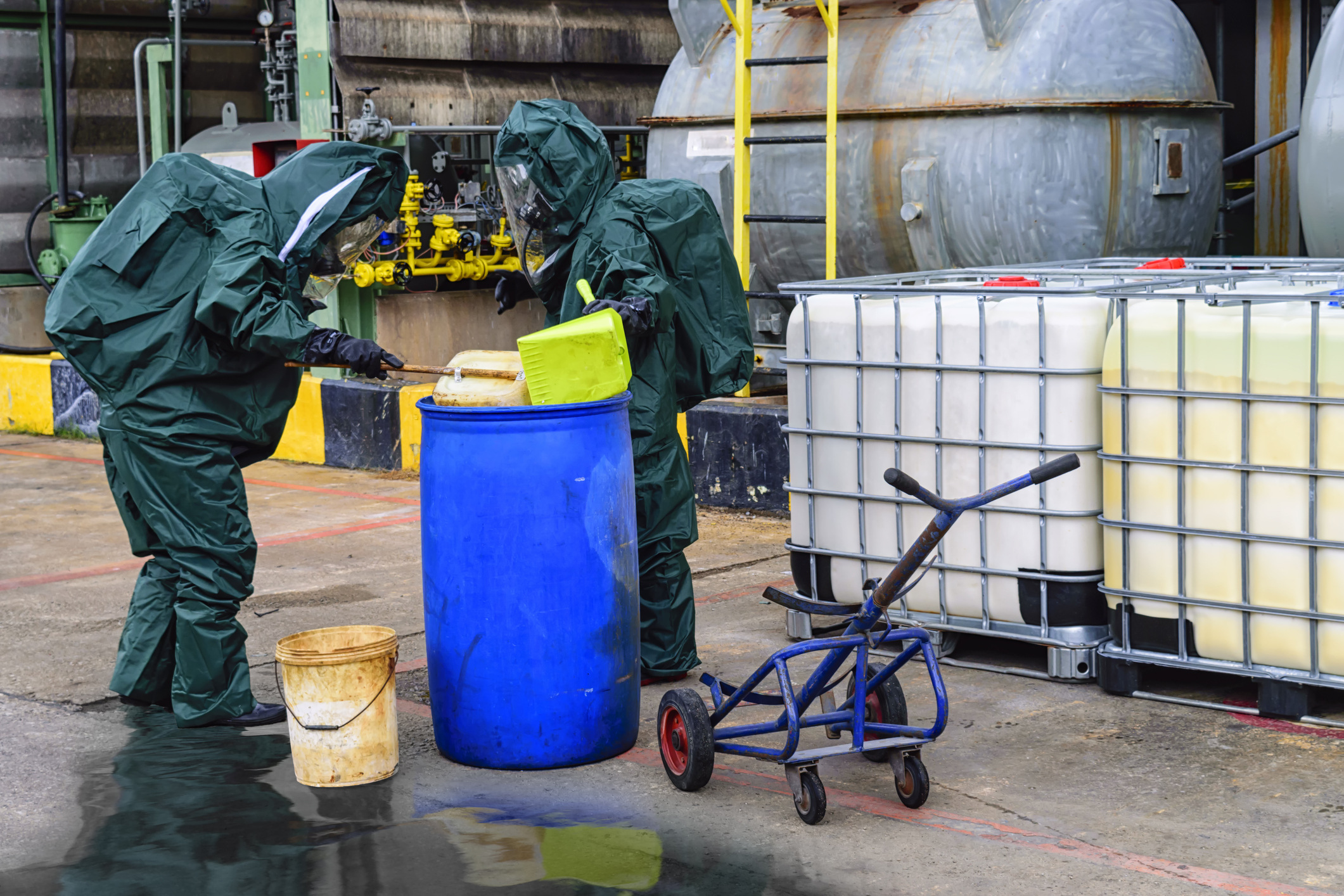
Comprehensive Spill Preventions and Response Solutions
Our team develops plans to prevent and respond to spills or releases based on industry standards and site-specific information. We incorporate existing plans, policies, and procedures to provide flexibility that minimizes the impact and costs of your facility’s operations and activities.
Our plans provide the strategies, tactics and procedures required to properly respond to facility incidents, employee and contractor capabilities, site conditions and hazards. We support the implementation of on-site prevention/response measures, from containment systems design to training for facility employees. Our services include:
- Spill prevention
- Control and Countermeasures (SPCC) Plans
- Facility and Pipeline Response Plans (FRP or OPA `90 Plans)
- RCRA and OSHA Contingency Plans
- Emergency Response/Action Plans (ERP, EAP, ERAP)
- Risk Management Plans (RMP), Stormwater Pollution Prevention Plans (SWPPP)
- Spill and slug prevention Plans
- Integrated Contingency Plans (ICP or One Plans)
Resolve Your Complex Spill Prevention and Response Challenges Today
With extensive experience in spill prevention and response, TRC is a trusted leader in the field. We develop comprehensive plans tailored to the unique needs of your operations. Our team stays current with changing regulations and industry best practices to ensure your business receives the highest level of service and expertise.
Contact us to learn more about these solutions and schedule a consultation.
